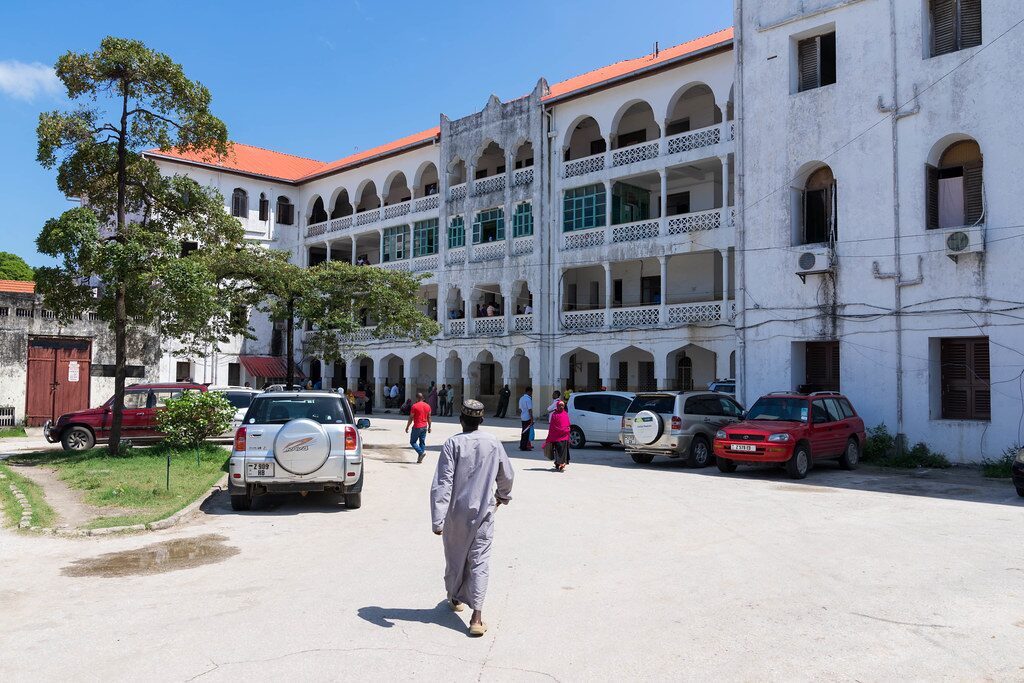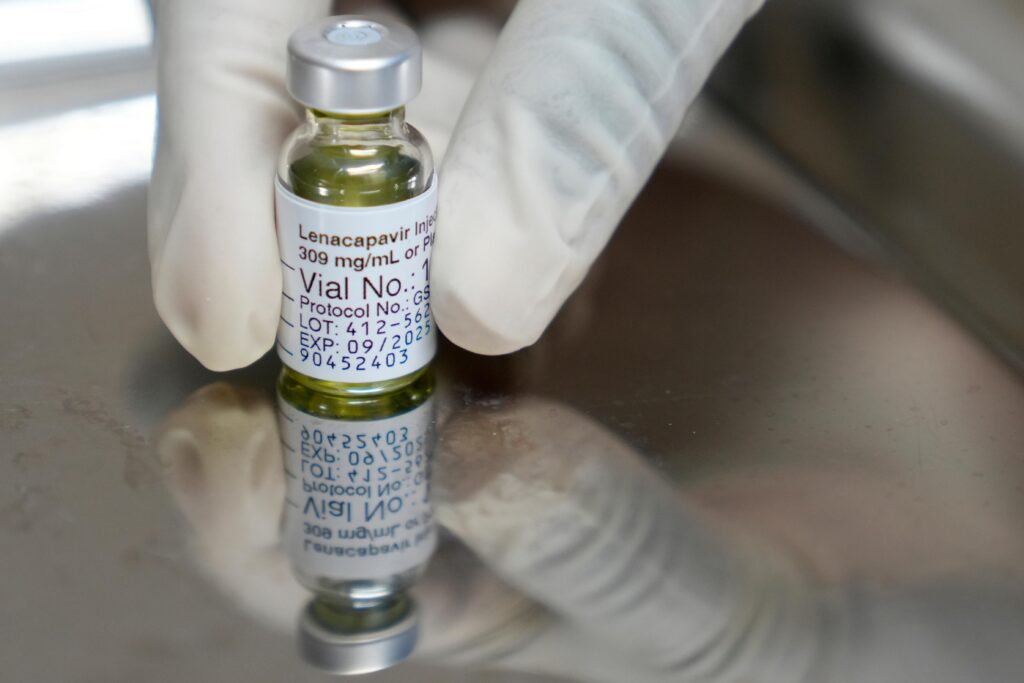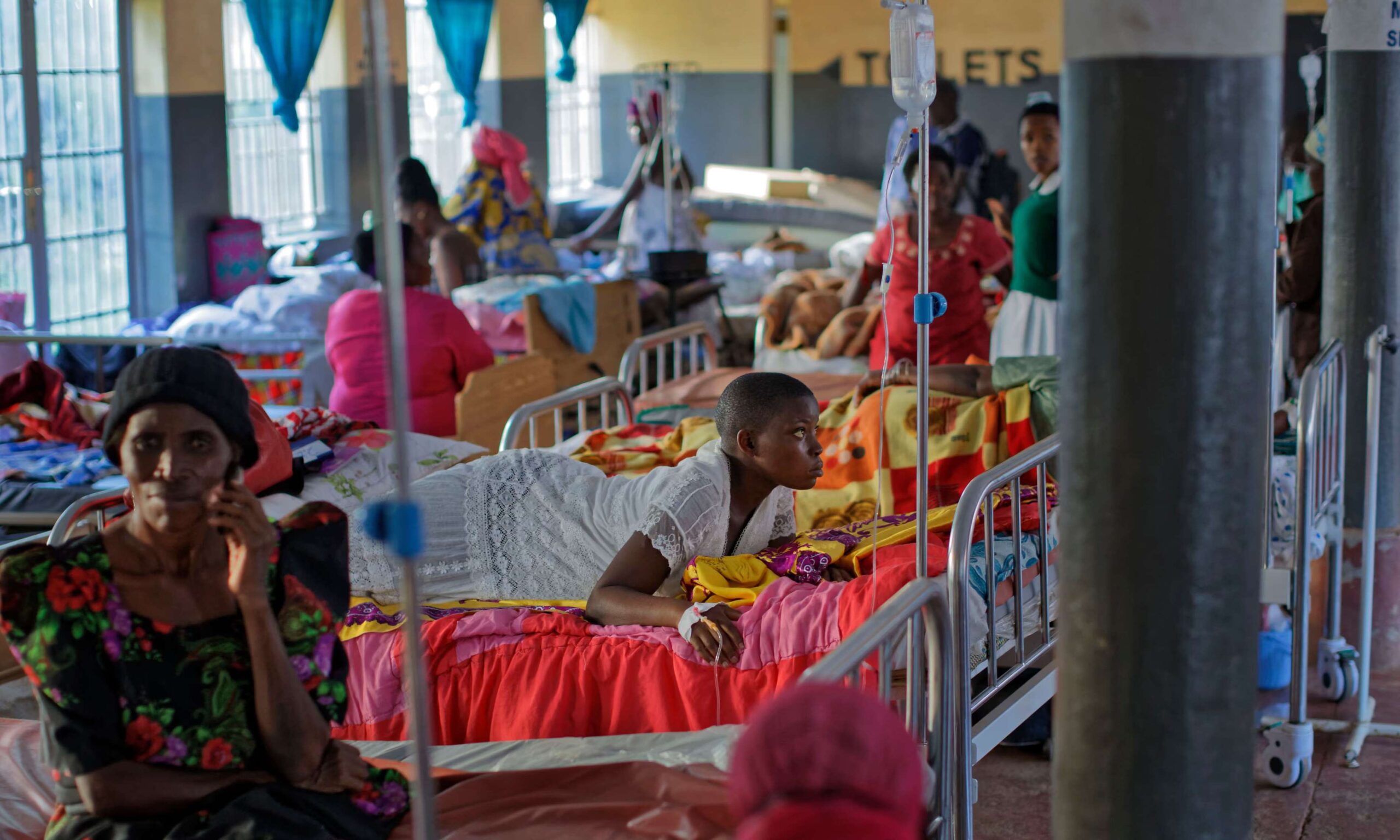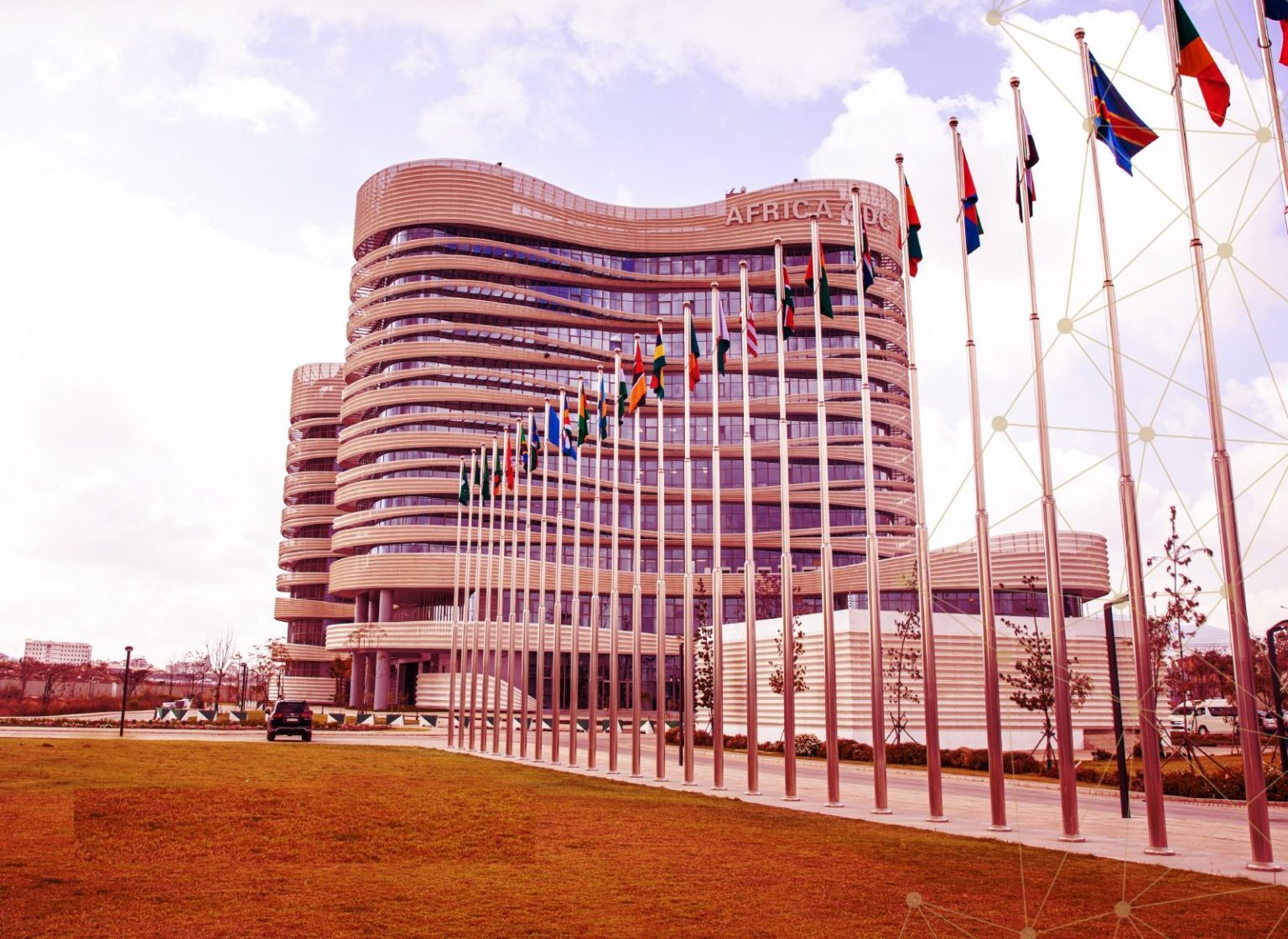
Friday 21st November 2025

by inAfrika Newsroom
The Eswatini HIV prevention shot programme has made the southern African kingdom the first country on the continent to receive lenacapavir, a twice-yearly injection that sharply reduces HIV risk. Health officials began offering the shot to high-risk groups this month, in a move described as a historic step for prevention access in Africa.AP News
Lenacapavir, developed by Gilead Sciences, won approval in the United States earlier this year. Now, through a partnership with PEPFAR, the Global Fund and other partners, an initial batch of doses is reaching Eswatini and Zambia, with more African states expected to join. Trials suggest the injection offers near-total protection when used as directed. Consequently, demand has already exceeded early forecasts.
Eswatini has one of the world’s highest HIV incidence rates, with more than 200,000 people living with the virus in a population of 1.2 million. Officials say the Eswatini HIV prevention shot will target about 6,000 people initially, including women and adolescents at high risk and pregnant women to reduce mother-to-child transmission. Meanwhile, Zambia has received its first shipment, and regulators in at least eight other countries are reviewing the drug.
However, activists in South Africa and elsewhere have raised concerns about access and pricing. They argue that Gilead has moved too slowly on licensing the medicine to African manufacturers, despite local involvement in trials. Civil-society groups want wider generic production so that more countries can afford large-scale rollouts. The company says it has cut prices significantly, yet negotiations over long-term terms continue.
The Eswatini HIV prevention shot shows that cutting-edge treatments can reach African patients far faster than in the past. If the programme succeeds, it could change how prevention is delivered, especially for groups that struggle with daily pills. Fewer new infections would ease pressure on health systems and budgets, freeing resources for other priorities. At the same time, the debate over licensing and local manufacturing raises bigger questions about who controls critical health technologies. A fair solution could open the door to timely access for millions of Africans, not just a small pilot group. Therefore, the Eswatini experience will likely shape future negotiations on vaccines and drugs for HIV, TB and other major diseases.


